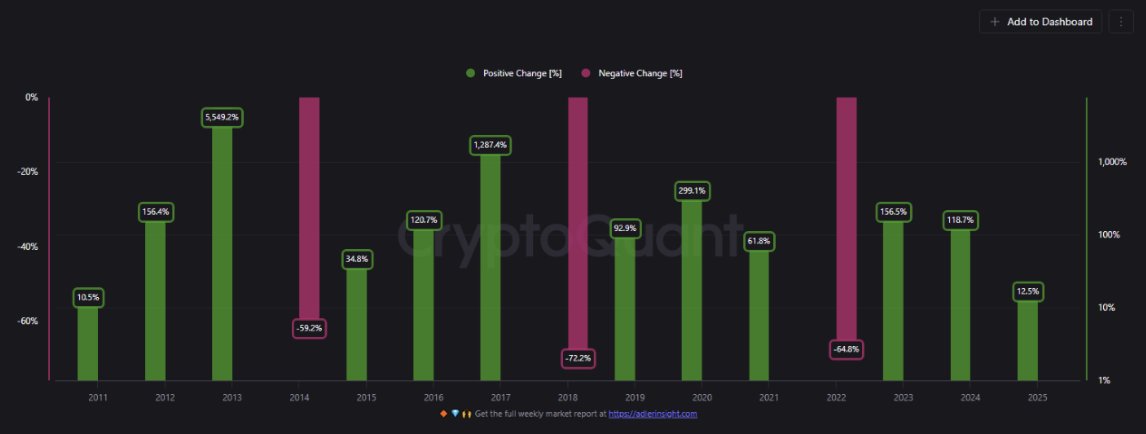Deutsche Bank Says the GENIUS Act May Bolster the Dollar’s Global Dominance
Favorite

Share

Scan with WeChat
Share with Friends or Moments
Deutsche Bank believes that the Genius stablecoin Act could give the dollar a major edge in the global digital economy.
In comments shared Tuesday by market watcher Walter Bloomberg, the bank's strategist Marion Laboure said the legislation could help dollar-backed stablecoins attract more foreign liquidity, especially in countries with weak financial systems.
https://twitter.com/DeItaone/status/1935330026209120668
According to her, this new development could speed up the use of digital dollars worldwide. Notably, this could materialize without needing central bank digital currencies or traditional banking channels.
Senate Passes the GENIUS Act
For context, the bill behind this momentum, the Guiding and Establishing National Innovation for U.S. Stablecoins (GENIUS) Act,
passed the Senate
on June 17 in a 68-30 vote. Notably, it creates the first full-scale federal framework for stablecoins in the United States.
Specifically, the bill requires issuers to back every stablecoin with safe, fully reserved assets and to submit to monthly audits. It also sets strict anti-money laundering rules and opens the door for banks, fintech companies, and even large retailers to issue their own stablecoins.
Importantly, oversight now sits with the U.S. Treasury Secretary. The bill also bars sitting members of Congress and top federal officials from issuing stablecoins while in office, although some critics say it doesn't go far enough on conflict-of-interest concerns linked to President Trump.
Previous Report from Deutsche Bank
Notably, Laboure's latest remarks build on earlier
analysis
she released in May with fellow Deutsche Bank analyst Camilla Siazon.
In that report, the pair stressed that stablecoins were becoming a key part of the digital dollar system, helping reshape foreign exchange, improve liquidity, and modernize payments and capital flows. They pointed out that clearer rules in the U.S. would likely push stablecoins into the financial mainstream.
They also said this could raise demand for U.S. Treasuries and help the dollar keep its place as the world's most trusted currency. Conclusively, the report argued that solid regulation in 2025 could legitimize stablecoins and bolster wider adoption.
Deutsche Bank Exploring Stablecoin Project
Meanwhile, the latest comments come as Deutsche Bank is also exploring a stablecoin project of its own. Earlier this month, Sabih Behzad, head of digital assets for Deutsche Bank,
said
the bank is reviewing several options.
These include launching its own stablecoin, joining an industry-wide effort, or building a tokenized deposit system to improve how payments and settlements work. Although the bank hasn't chosen a final direction or announced a timeline, it continues to expand its digital currency efforts.
For instance, it has already partnered with the Partior platform for cross-border payments, taken part in Project Agorá to explore tokenized wholesale settlements, and invested in digital asset custody solutions.
Top Financial Institutions Entering the Stablecoin Space
Other major banks are also entering the space. Specifically, Societe Generale just launched a dollar-backed stablecoin called USD CoinVertible through its digital arm SG-FORGE. The token, set to start public trading in July, runs on Ethereum and Solana.
In the U.S., JPMorgan is
getting ready
to release a digital deposit token, JPMD, for institutional clients. At the same time, a group of big American banks, including JPMorgan, Citigroup, Bank of America, and Wells Fargo, are working on a shared stablecoin platform.
Following the Senate vote on the GENIUS Act, Treasury Secretary Scott Bessent
spotlighted
reports projecting that the stablecoin market could hit $3.7 trillion by 2030. Also, U.S. Crypto Czar David Sacks
believes
the GENIUS Act could lead to trillions in demand for U.S. Treasuries.
Disclaimer: This article is copyrighted by the original author and does not represent MyToken’s views and positions. If you have any questions regarding content or copyright, please contact us.(www.mytokencap.com)contact
About MyToken:https://www.mytokencap.com/aboutusArticle Link:https://www.mytokencap.com/news/512262.html
Previous:战争的延续:伊朗人的加密货币财富被以色列洗劫一空
Related Reading



Why You Need a Crypto Wallet To Manage Your Cryptocurrency
In today's bustling digital economy, cryptocurrency has emerged as a transformative force. For those...

Should Every Investor Own at Least 10,000 XRP If Betting on XRP long-term Potential
The conversation about the importance of holding 10,000 XRP tokens continues to gain traction within...

Bitcoin Could Grow 120% in 2025 If It Follows Typical Third-Year Trend
The Bitcoin growth cycle shows a potential increase in 2025 if it follows the typical pattern of the...

